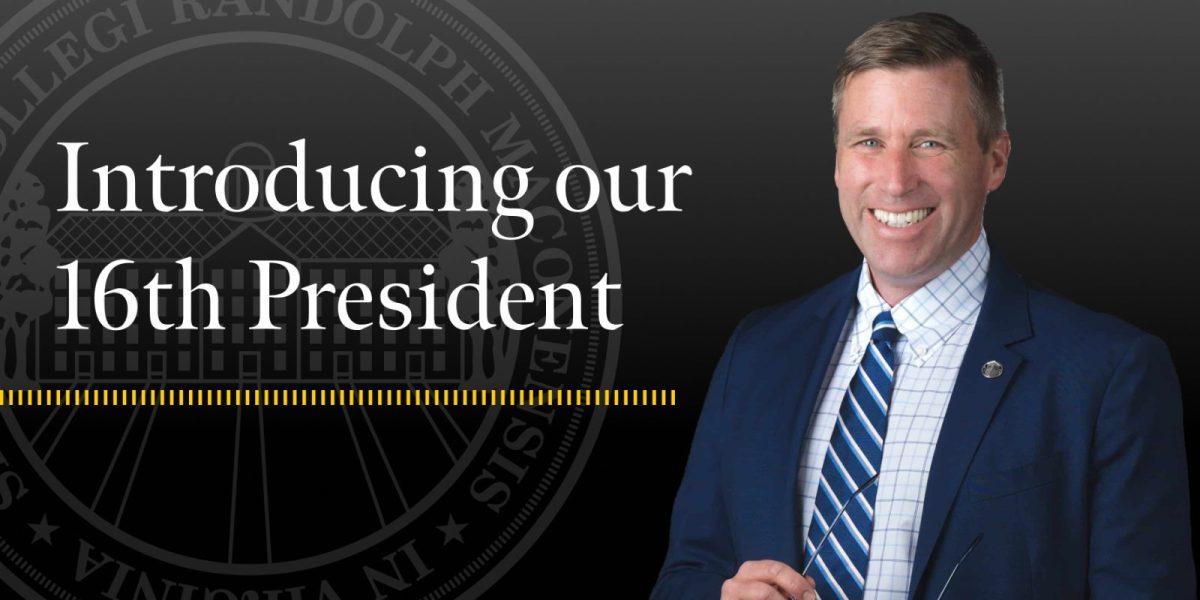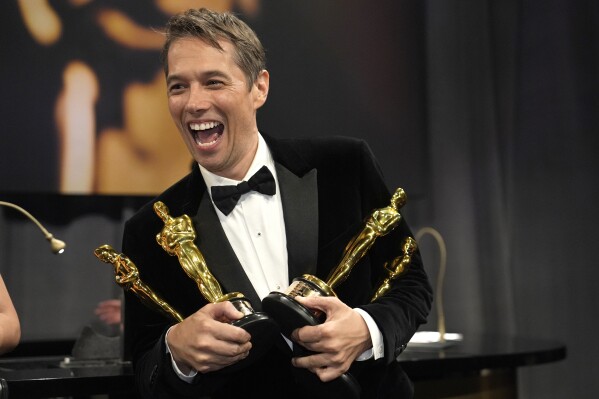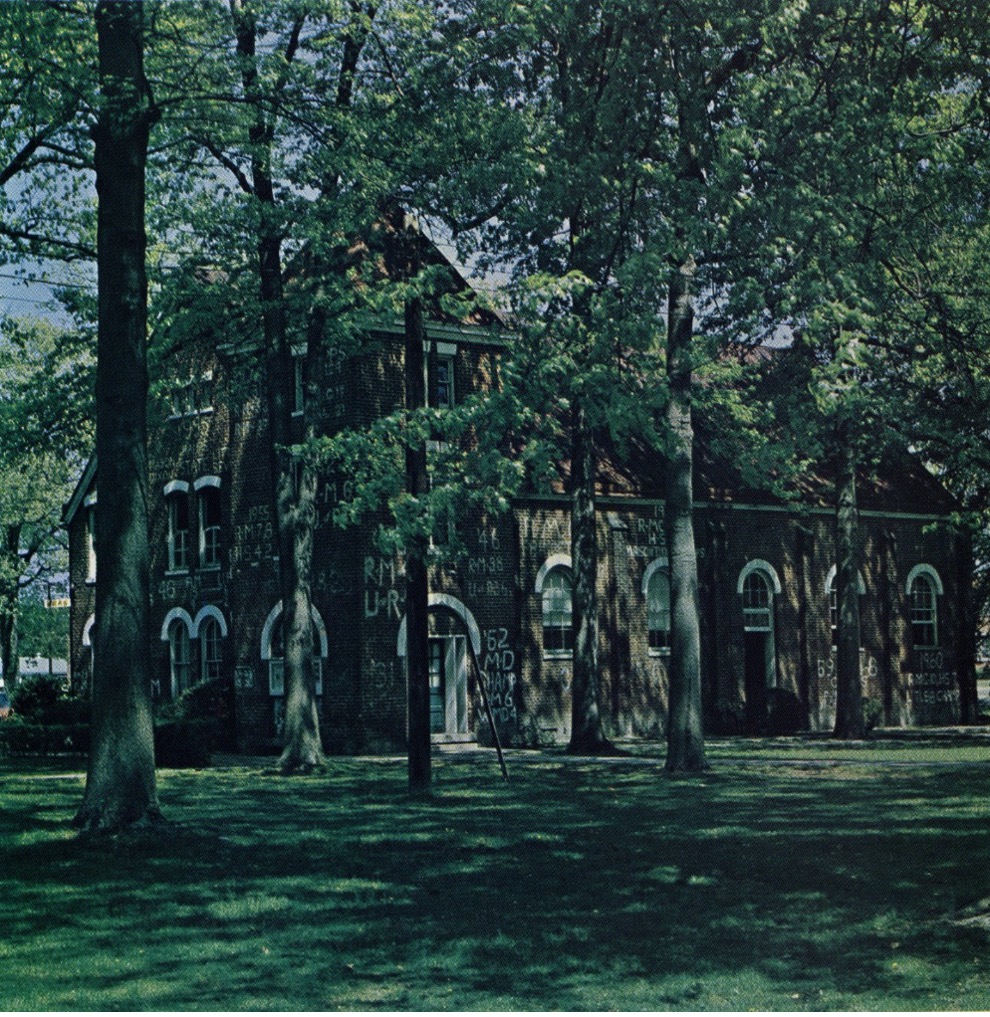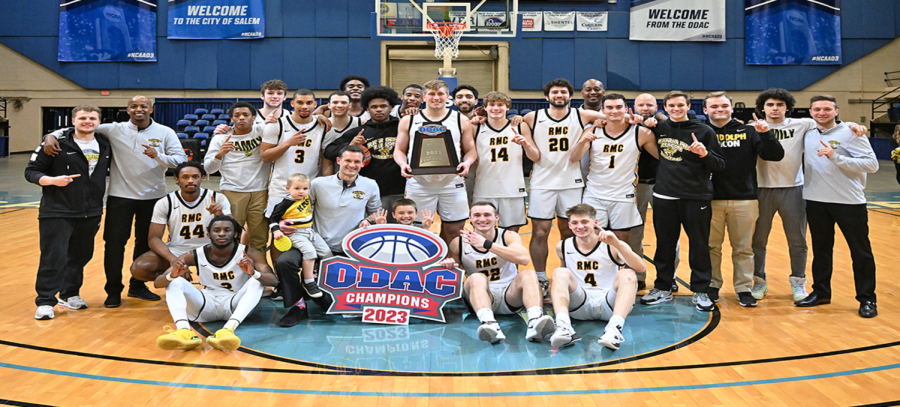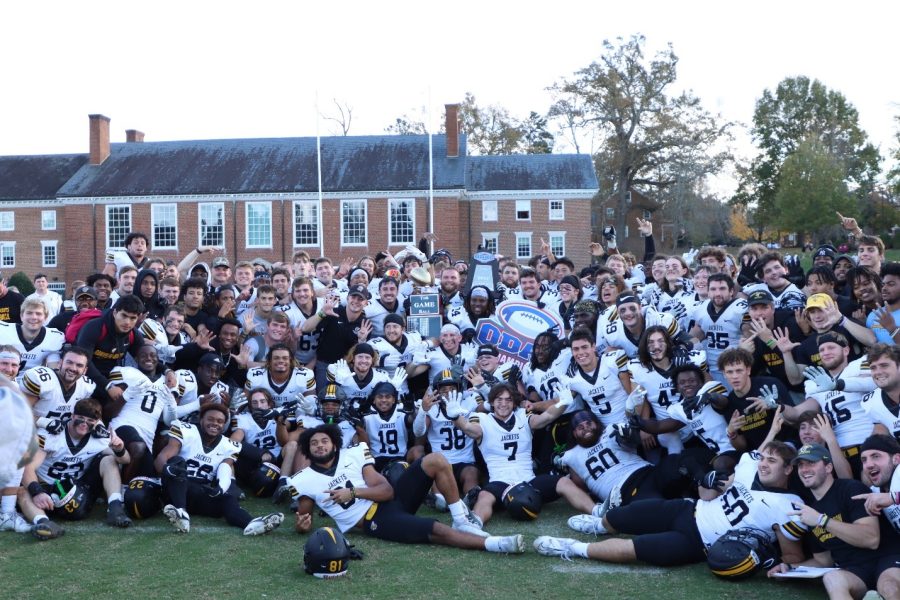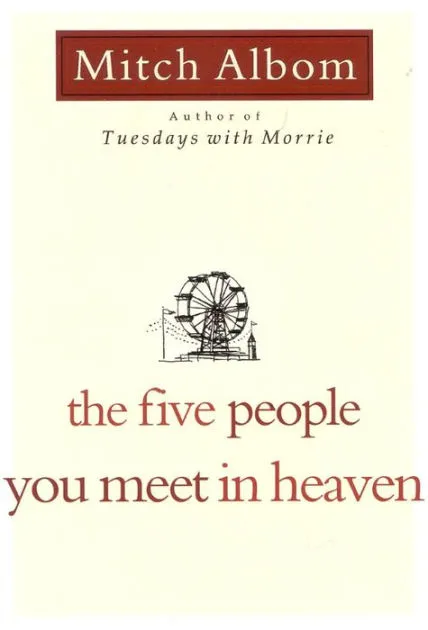Today, the abundance of diverse perspectives underscores the critical need to safeguard free speech on college campuses. These institutions were established to catalyze intellectual advancement by exchanging and colliding various thoughts. Therefore, the perpetual existence of this concept is paramount, especially when there’s a potential to suppress or silence certain harmful views.
Free speech is not just the ability to express views without censorship, but the empowerment to share diverse opinions and ideas. When specific perspectives are dismissed or sidelined, the vibrant exchange of ideas is hindered and academic community diminishes. Quite often, biases and unfair treatment can happen in political discussions, intentionally or not. Without allowing every opinion that is not in line with the general views or may perhaps offend an individual, there is a fear of building only a bubble that leans more on one side of the debate than the other. Hence, the very purpose of education, mainly to bring out the students’ minds and encourage them to think critically, is defeated. Let’s not just tolerate diverse opinions, but actively seek them out, for it is in this diversity that our intellectual growth truly thrives.
Some may view my opinion pieces as overly biased, but the same First Amendment right for others to express opinions applies to me. My bias remains a rare one on this campus. As a populist, I have no affinity for both political parties’ establishments, which gives me a unique perspective that often goes underrepresented. While this may make my opinions stand out, it serves the purpose of enriching the dialogue. Some people would instead use a more orthodox way of writing with a clear focus on the point of view within the present circumstances.
My views might only sometimes align with what some in positions of power wish to see reflected in this publication. However, bias is a natural part of any perspective, and my role as an opinion writer is to share my viewpoint, informed by my own beliefs and experiences. Holding a bias does not diminish the value of the perspective; it helps in such a way that it provides more depth to the discourse by covering alternate points of the argument. Political diversity is as essential as any other form of diversity. Discrimination against a person for their political stance or the suppression of unpopular speech harms a group’s intellect. All institutions must foster an atmosphere where issues can be raised and addressed, promoting a balanced and diverse discourse.
Terms like “hate speech” and “misinformation” are being politicized and often reflect confession through projection. Those who use these terms are most likely to use these expressions to drown out opinions with which they disagree rather than engaging with them directly. By accusing others of politicizing language, those making this argument project their method of manipulating discourse onto those who disagree. This tactic enables them to terminate the dialog with highhanded accusations. It’s sufficient to allow the dismissal of legitimate opinions or facts as politically motivated and, therefore, unworthy of discussion. In truth, it constitutes a means of foiling conversation by suppressing dissent, showing their willingness to repress free expression, and projecting such behavior onto their opponents.
Every individual should have the opportunity to contribute to their narrative, whether it aligns with the mainstream narrative or challenges it. When political discrimination is tolerated, it doesn’t just silence one voice, it deprives the entire community of the chance to engage with and learn from that perspective. Political discrimination is a barrier to intellectual growth and undermines the very principles of free speech and academic freedom.
Progress is driven by constructive dialogue and the freedom to engage with it. Disagreements in an academic setting are not just a natural part of intellectual growth, but the fertile ground from which new ideas and perspectives can bloom. When unpopular opinions are consistently suppressed, the potential for growth is stunted, and the opportunity for cross-cultural understanding and intellectual advancement is limited. Let’s not just tolerate diverse opinions, but actively seek them out, for it is in this diversity that our intellectual growth truly thrives.
All opinions shared in this article are the author’s own. This does not represent the organization.

